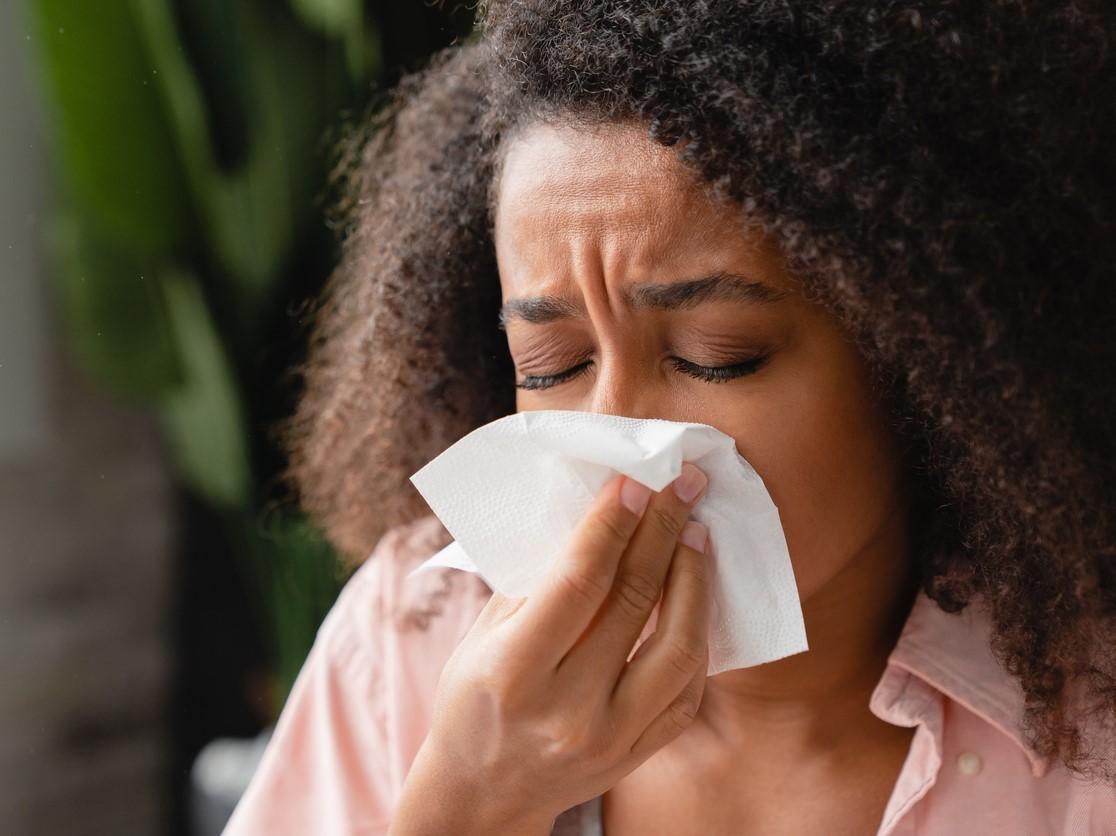
Shionogi has submitted its new drug application (NDA) to the Food and Drug Administration (FDA) for the approval of its oral pill for COVID (ensitrelvir), the first antiviral drug for the prevention of COVID-19 following exposure to an infected person, according to a company news release today.
Ensitrelvir, known as Xocova, is already approved for use in Japan. The drug is also available in Singapore and under review in Taiwan.
The NDA is based on results of a phase 3 trial of the drug, which studied ensitrelvir as post-exposure prophylaxis (PEP). In that trial, ensitrelvir demonstrated a statistically significant reduction (67%) in the risk of COVID-19, in uninfected individuals treated after exposure, compared to placebo at day 10.
Drug designed to prevent viral replication
Shionogi, based in Osaka, Japan, said that stopping viral replication after exposure is the best way to avoid potentially serious complications from COVID infections, and that current antivirals that target COVID-19 patients are administered after infection, when viral replication has already occurred.
If approved, ensitrelvir will be the first and only oral therapy to help protect people in the U.S. from COVID-19 following exposure.
"If approved, ensitrelvir will be the first and only oral therapy to help protect people in the U.S. from COVID-19 following exposure," said Nathan McCutcheon, MBA, president and CEO of Shionogi, in the press release.

.jpg)








